Wendy Brown is among the most provocative political philosophers and cultural critics today, and one of the leading thinkers in helping us to understand contemporary forms of political power and the prospects of democratic possibility. She is currently the UPS Foundation professor in the School of Social Science at the Institute for Advanced Study in Princeton, as well as professor emeritus of Political Science at the University of California, Berkeley. Working across the history of political economy, continental philosophy, cultural analysis, and critical legal theory, Brown is renowned for major contributions to the study of neoliberalism, feminism, citizenship and sovereignty, and also for her activism, most recently in support of public higher education. She is the author of a dozen books, including Manhood and Politics (1988), States of Injury (1995), Politics Out of History (2001), Edgework (2005), Regulating Aversion (2006), and Walled States, Waning Sovereignty (2010), which variously draw on critical theory to analyse contemporary formations of power, identity and subjectivity in liberal democracies. Wendy Brown’s attention recently turned to the philosophical foundations and political formations of neoliberalism. In Undoing the Demos: Neoliberalism’s Stealth Revolution (2015), she redefines neoliberalism as a set of economic policies that pervade every sphere of life, remaking just about everything in the world in the image of the economic. This amounts to what she calls a ‘multi-pronged assault on democratic values’, insofar as ‘both persons and states are constructed on the model of the contemporary firm’.
A key figure in contemporary political philosophy, Wendy Brown has published a number of reference studies on neoliberalism, reconstituting not only the long historical trajectory that has culminated in the present moment, but also warning us that it is on a collision course with the very idea of democracy. In conversation with Electra, Wendy Brown explores and unpacks several of the faultlines underpinning the political present.
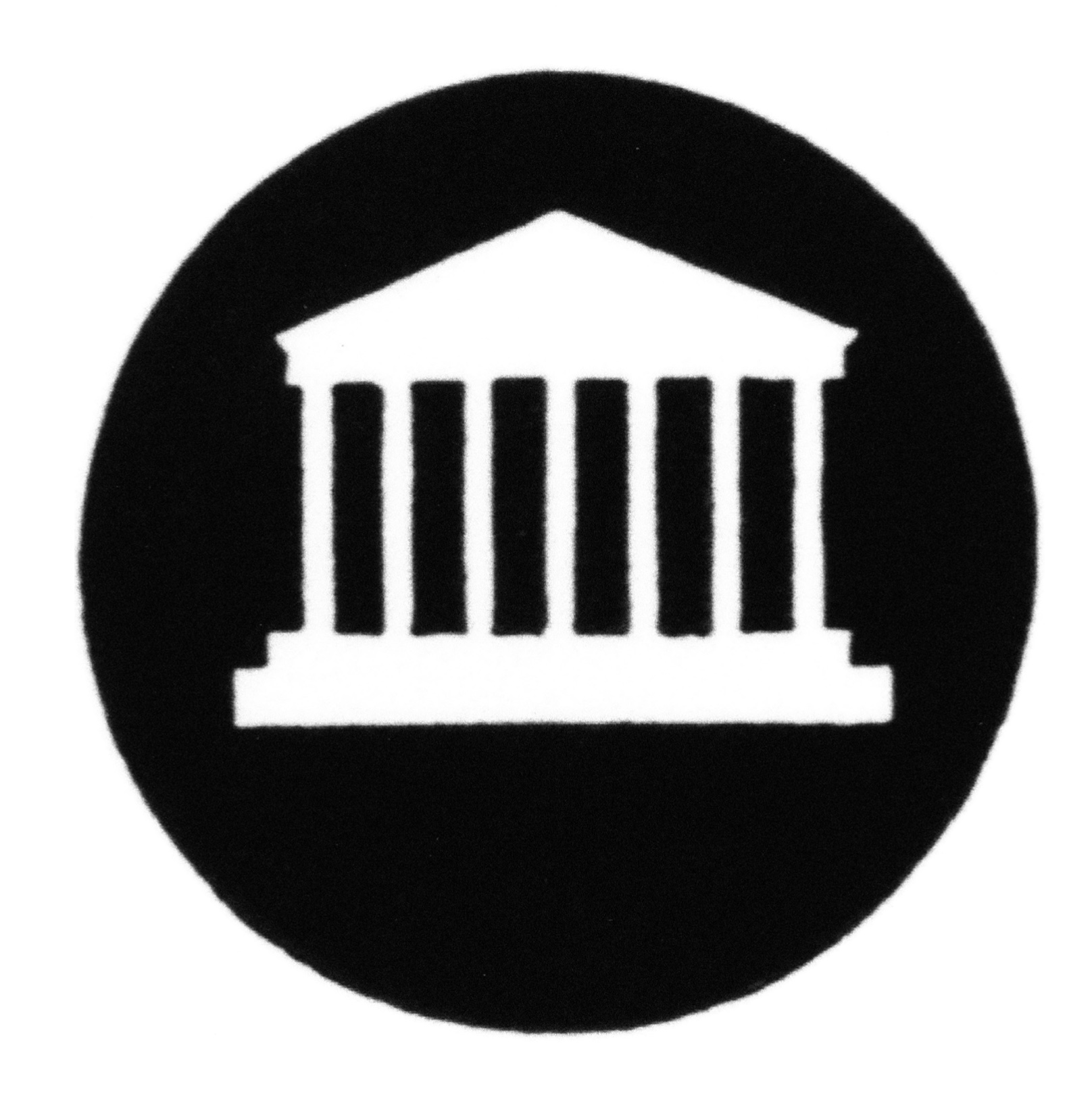
AFONSO DIAS RAMOS Your contributions to political theory always had a sociocultural bent. What was your intellectual formation like?
WENDY BROWN I arrived at the University of California in Santa Cruz with the idea of eventually becoming a medical doctor. I had an interest in psychology and psychiatric perspectives. But because of the highly politicised time in the early 1970s and a very exciting intellectual environment at the university, I found myself swept up in coursework on social theory, economics, sociology... I was mainly interested in the big picture that the social sciences generated of the world, more than its formal methods and empirical studies. Initially, I was drawn to economics. I thought that it held ‘the truth’ of the universe. Fortunately, the Department of Economics was evenly divided between Marxist and neoclassical economists. This allowed me to learn Marxist economics as well as to acquire some training in neoclassical economics, and especially to think about what the latter refused to think about. But Marx led me to Hegel. Hegel led me to Plato. Toward the very end of my undergraduate work, I became enchanted with the history of political thought. I continued studies in political theory, political economy and social theory, focused on concerns with what human beings can be together, how we govern ourselves and how we are held together by both political structures and economic relations. Political theory is my perch. But understanding the contemporary world historically, theoretically, politically and economically was always my project.
ADR How do you see the nexus of theory and practice in your work, being both an activist and an academic? In Edgework (2005), you had warned about the dangers of conflating critical theory with political action.
WB That has become such an important issue today, with so much controversy about politicised knowledge and what we ought to be teaching or not in universities. The academy offers a distance from the world that it studies and theorises. And that distance needs to be preserved. If the ‘what is to be done’ question preempts the ‘what is going on’ question, we won’t act intelligently. We will be reactive, expressing the existing ordinances and structures of power, even when we think we are resisting them. You can do theoretical work oriented directly towards this world – its needs or ills – but this is very different from collapsing the interval between theory and practice, or scholarship and activism. We also need to preserve the space of thinking, research and learning from the immediacy of the streets, the parliament or the media because academic discourse and teaching is very different from political discourse and acting. Max Weber said that in the classroom, language is a set of ploughshares for loosening political thought, but in the political sphere, language is a sword for winning the war. A classroom without critical inquiry, without willingness to consider and criticise every term and every framework, is no classroom at all. Thus, I insist on this distinction between the academy and activism, and between theory and politics, even if it means standing on an increasingly small sandbar these days. The left and the right are both invested in politicising everything about the university.
ADR Your early books involved detailed and erudite discussions of critical thinkers, aimed at an academic audience. Your recent books address a wider readership. Is it a coincidence that this shift occurred as neoliberalism came to the fore of your work?
WB I have not reflected closely on this, so I will speculate a bit. When one is young and without an audience, one writes for oneself as an intellectual, or else for a fairly narrow band of readers, either a relatively small disciplinary academic world, or a very circumscribed political world. In my case, I think I wrote for an academic feminist left. As I began to sense an audience beyond the academy and the left, I started writing differently, and probably this is most apparent in my book on tolerance. I’m not very interested in purely academic debates even as I am committed to high scholarly standards for myself and my students.
"You cannot engage in critical inquiry while attempting to win your battle."
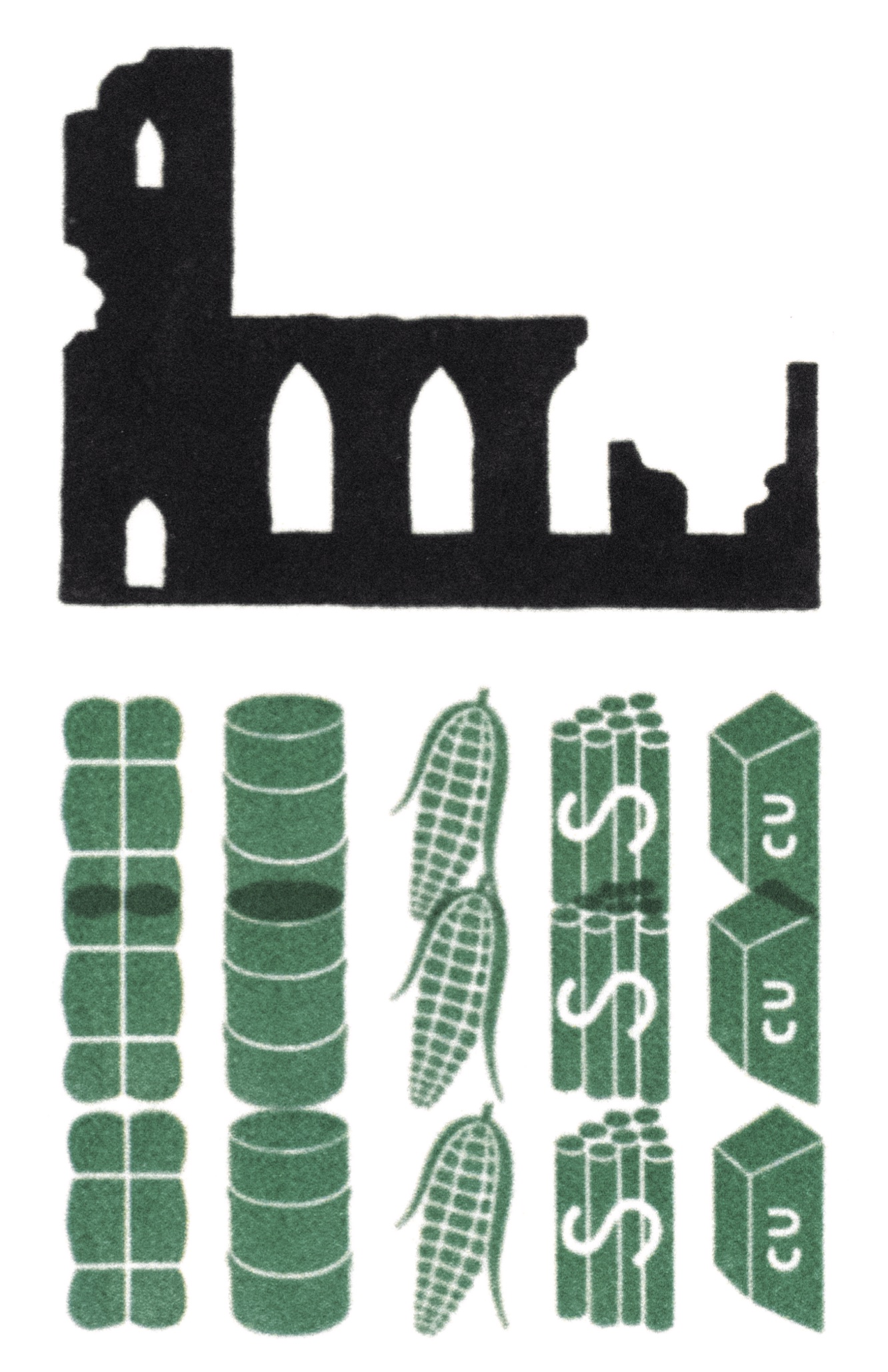
ADR In a way, this bid to preach beyond the choir is still in line with a running thread in your work, the idea of politics as paradox, whether this is the provocative pairing of Hayek and Foucault, fanaticism in tolerance, or wall-building in a transnational age…
WB I do not imagine the capacity to persuade a hardcore right-wing or neoliberal audience. But it is possible for those who are not settled on questions of family values, neoliberalism and socialism, to read work that can educate, provoke or transform their thinking. That said, I’m also usually trying to upset a few apple carts on the left. I’m always thinking at odds with certain left axioms. Mostly I do this by bringing concerns from political theory that expand and challenge Marxism with questions about democracy.
ADR Your theories on neoliberalism have commanded a lot of attention, even when the term itself was still confined to academic or activist circles. Can you explain what you mean by the term?
WB The standard account of neoliberalism focuses on a portfolio of economic policies: deregulation, privatisation of public goods, dismantling of the social state, rolling back progressive taxation. This is an important part of what neoliberalism does. But such a formulation simply makes it anti-Keynesianism or capitalism on steroids. It is also important to look at what Foucault has called neoliberalism as a form of governing reason, or political rationality, which produces a whole way of understanding ourselves, states, and societies in market terms. Consciously or unconsciously, we know this aspect of neoliberalism because over the four decades of its existence, we have come to think about everything in market terms. And because every element of life and every institution has been remade by neoliberal reason, from universities and hospitals to NGOs, even social movements and, of course, the state are now run as a business and largely by businessmen. Thus, Foucault says, we are not only a new kind of homo oeconomicus but homo oeconomicus under neoliberalism. This order has been underway since the Reagan-Thatcher revolution in the Global North, and since the overthrow of Allende and installation of Pinochet in the Global South. It has also begun to come apart in some ways. It was, of course, severely challenged by the financial crisis of 2009 and more recently by the Covid pandemic. In some ways it is shocking that only now are we beginning to become literate in the language that has organised and governed us in our most minute, subjective detail, and also at the macro levels, generating grotesque inequality, extreme plunder of the planet and the undoing of democracy.
[...]
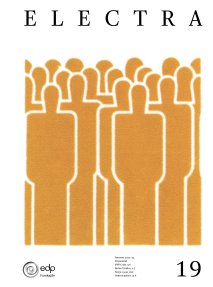
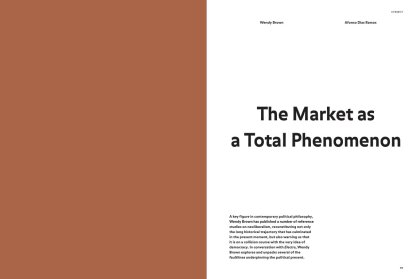
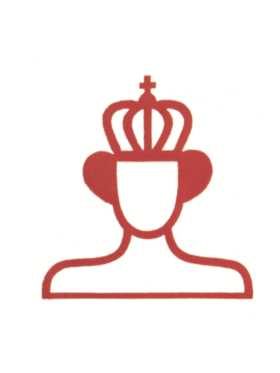
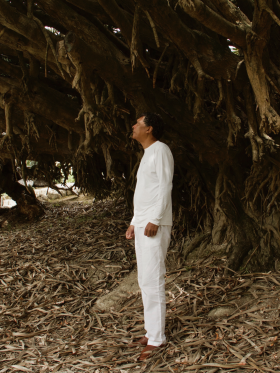
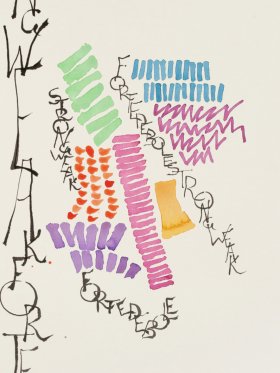
Share article